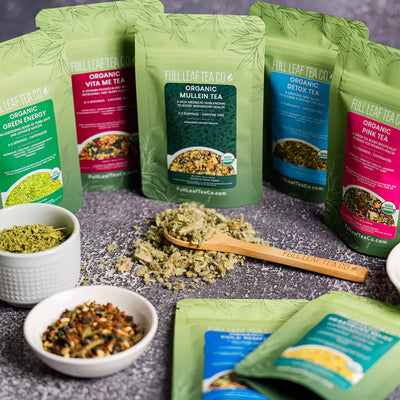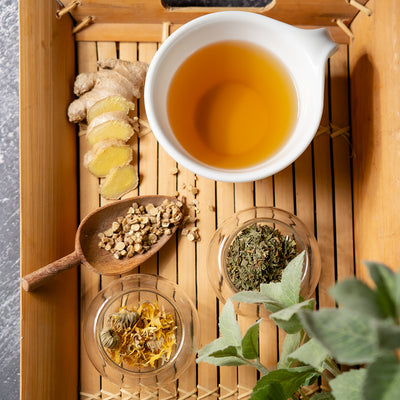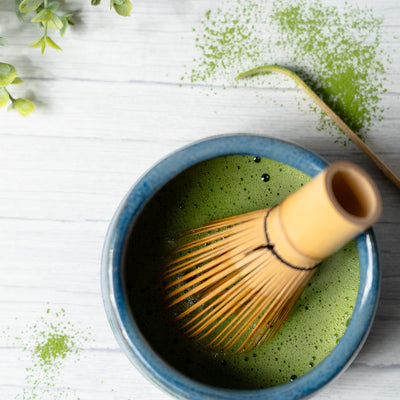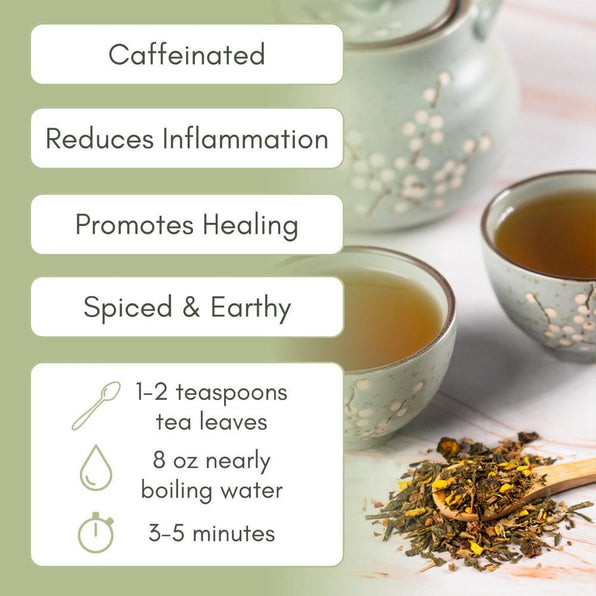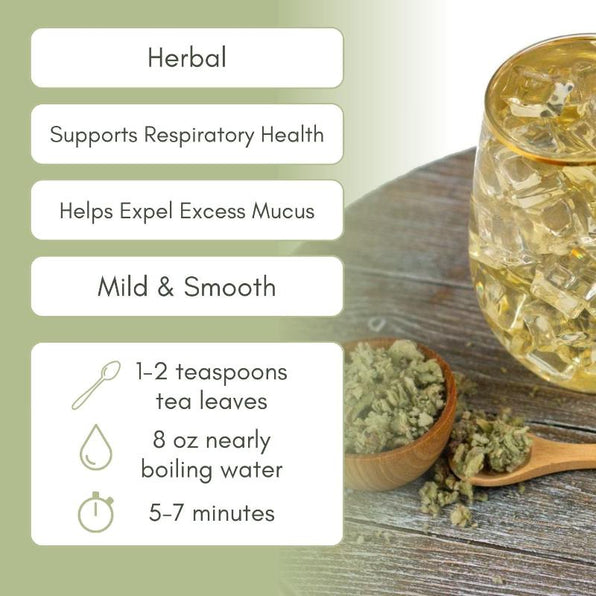What Are Chia Seeds?
Organic chia seeds are tiny black or white seeds that come from the Salvia hispanica plant, which is native to Central and South America. These seeds have been a staple in Mayan and Aztec diets for centuries due to their impressive nutritional profile. Chia seeds are known for their ability to absorb liquid and form a gel-like substance, which makes them a versatile ingredient in many recipes.
In addition to being a great source of fiber, protein, and omega-3 fatty acids, organic chia seeds are packed with antioxidants, vitamins, and minerals. They are gluten-free and can be easily incorporated into various dishes, making them an excellent choice for those seeking to enhance their diet with nutrient-dense foods. Their mild, nutty flavor allows them to blend seamlessly into both sweet and savory dishes.
In addition to their health benefits, rosehips have a rich history in folk medicine, often used to boost immunity, reduce inflammation, and improve skin health. They are commonly used in teas, jams, jellies, syrups, and supplements, offering a versatile and tasty way to enjoy their benefits. With a slightly tangy and sweet flavor, organic rosehips can be a delightful addition to your daily diet.

